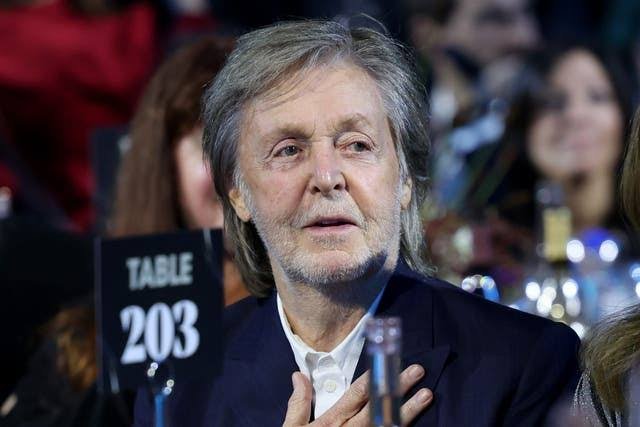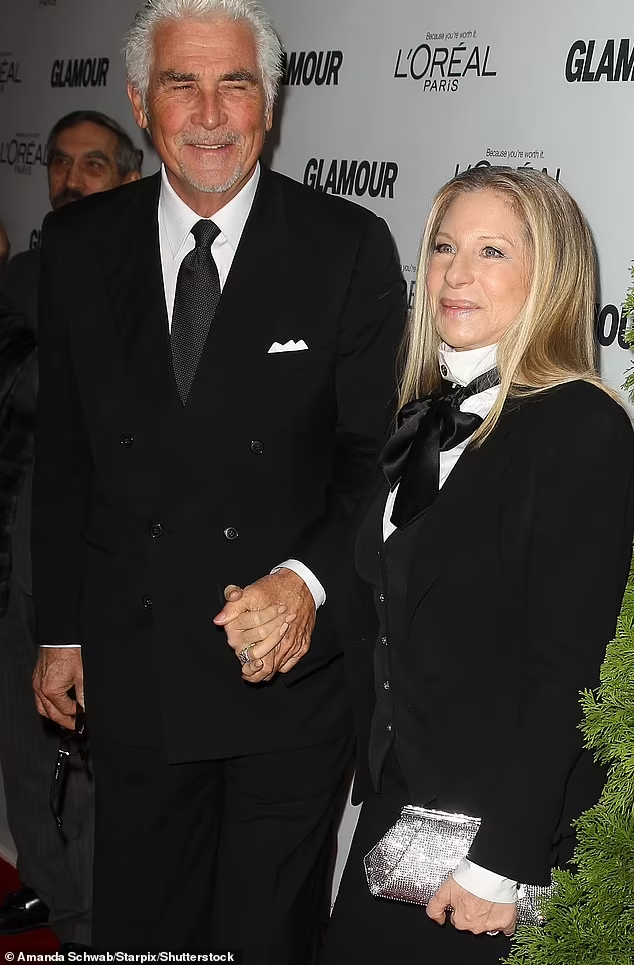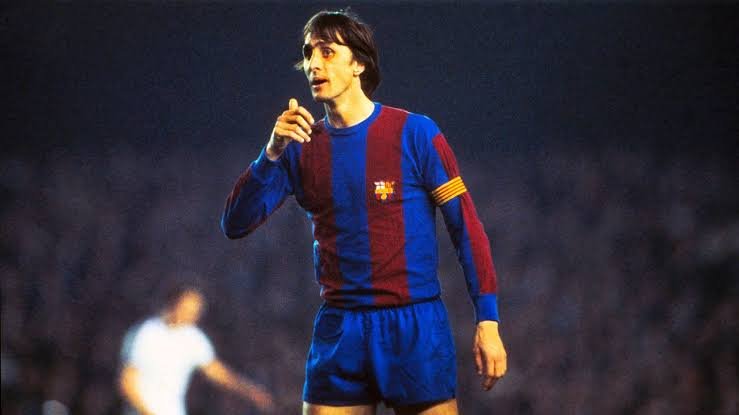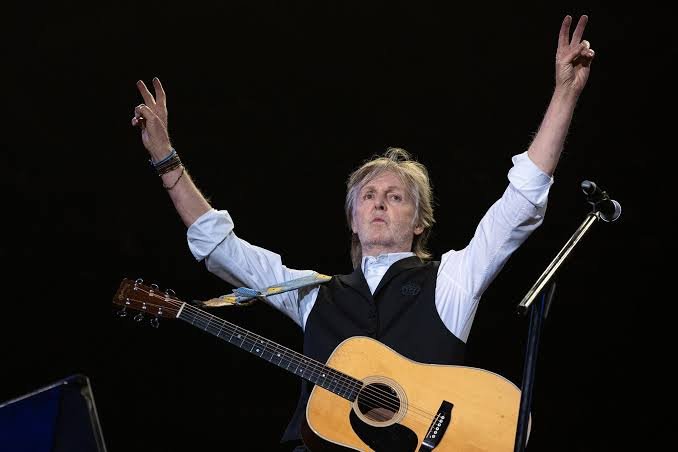
“Goodbye” by Mary Hopkin, released in 1969, remains a poignant and memorable song in the annals of pop music history. Written by Paul McCartney of The Beatles, the track showcases McCartney’s songwriting prowess and his ability to craft deeply emotive lyrics paired with an engaging melody. The song was Hopkin’s follow-up to her hugely successful debut single, “Those Were the Days,” and it carried with it the significant weight of expectation.
The origin of “Goodbye” is deeply rooted in the collaborative and experimental spirit of the late 1960s. McCartney, looking to produce another hit for Apple Records, penned the song specifically for Hopkin. Known for his ability to write songs that capture a sense of universality, McCartney’s “Goodbye” is a testament to his understanding of themes of parting and nostalgia.
The lyrics of “Goodbye” speak to the bittersweet nature of farewells. Lines like “Please don’t wake me until late tomorrow comes, and I will not be late” convey a sense of reluctant parting and the hope of a reunion. McCartney’s songwriting here is marked by its simplicity and directness, making the emotions accessible to a broad audience. The refrain, “Goodbye, goodbye, goodbye, my love, goodbye,” is both an acknowledgment of parting and a heartfelt expression of longing and love.
Mary Hopkin’s rendition of the song is particularly notable for her clear, emotive voice that captures the essence of the song’s sentiment. Her performance added a layer of sincerity and vulnerability, which resonated with listeners worldwide. The song’s arrangement, featuring McCartney’s distinctive acoustic guitar playing and lush orchestration, provides a rich backdrop that enhances the emotional impact of the lyrics.
“Goodbye” also reflects the musical landscape of the time. The late 1960s were a period of significant change and experimentation in popular music, with artists exploring new sounds and emotional depths. McCartney’s involvement with Hopkin was part of The Beatles’ broader efforts to expand their influence through their Apple Records label, promoting new talent and diverse musical expressions.
The commercial success of “Goodbye” was immediate. The single reached number two on the UK Singles Chart and performed well internationally, cementing Hopkin’s status as a significant pop artist of the era. The song’s success also highlighted McCartney’s versatility as a songwriter, capable of crafting hits not only for The Beatles but for other artists as well.
Beyond its commercial achievements, “Goodbye” has endured as a beloved classic. It remains a staple on oldies radio and continues to be appreciated by new generations of listeners. The song’s timeless appeal lies in its universal theme of farewell and the emotional resonance that Hopkin’s performance brings to McCartney’s lyrics.
In conclusion, “Goodbye” by Mary Hopkin stands as a remarkable collaboration between one of the greatest songwriters of all time and a talented vocalist. The song captures the poignant emotions of parting with simplicity and grace, making it a timeless piece that continues to touch hearts. Its success not only underscored the talent of Mary Hopkin but also showcased Paul McCartney’s extraordinary ability to connect with listeners through his songwriting. Today, “Goodbye” remains a poignant reminder of the golden era of 1960s pop music, a testament to the enduring power of a beautifully crafted song.


